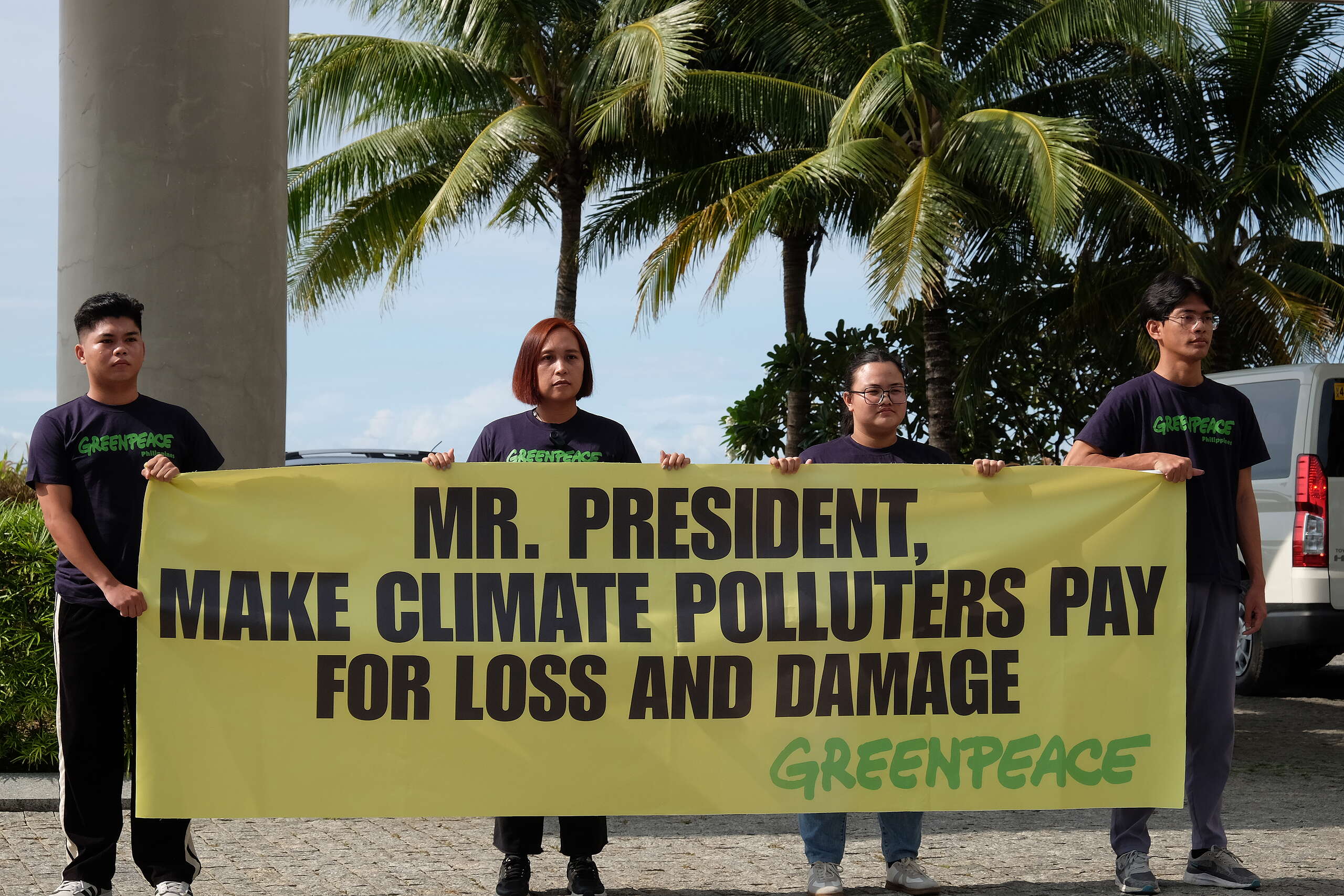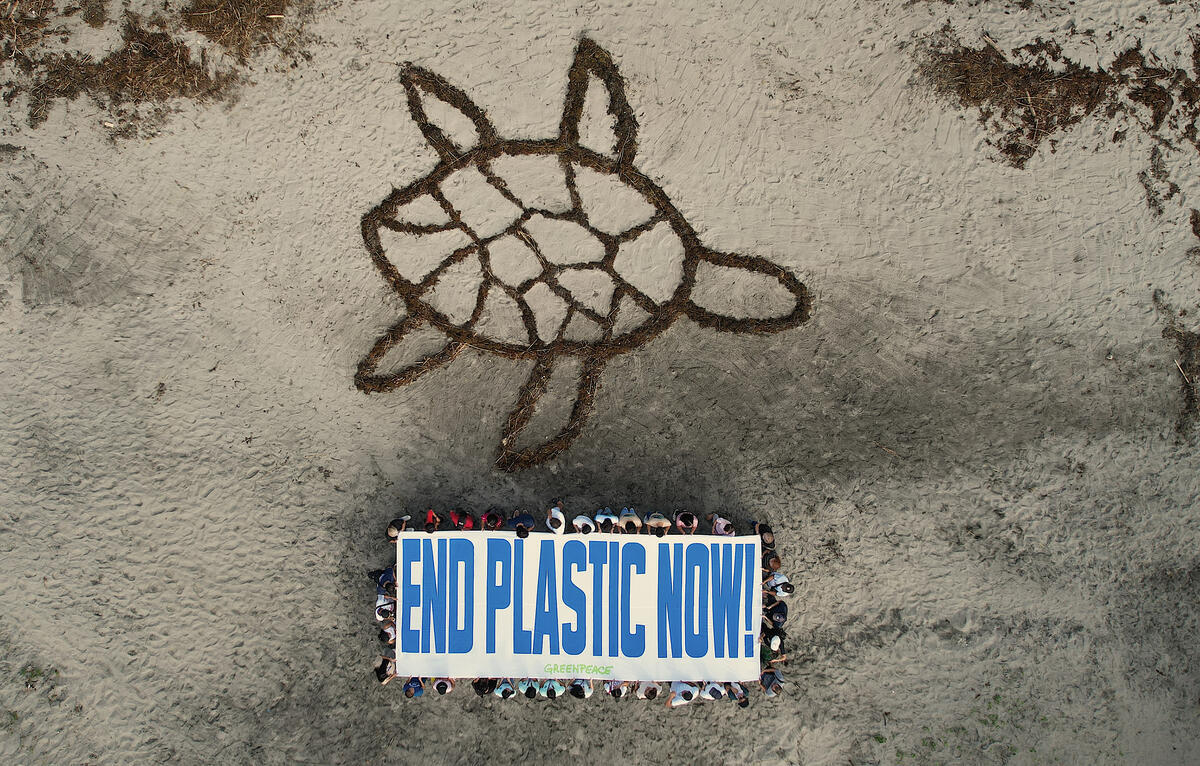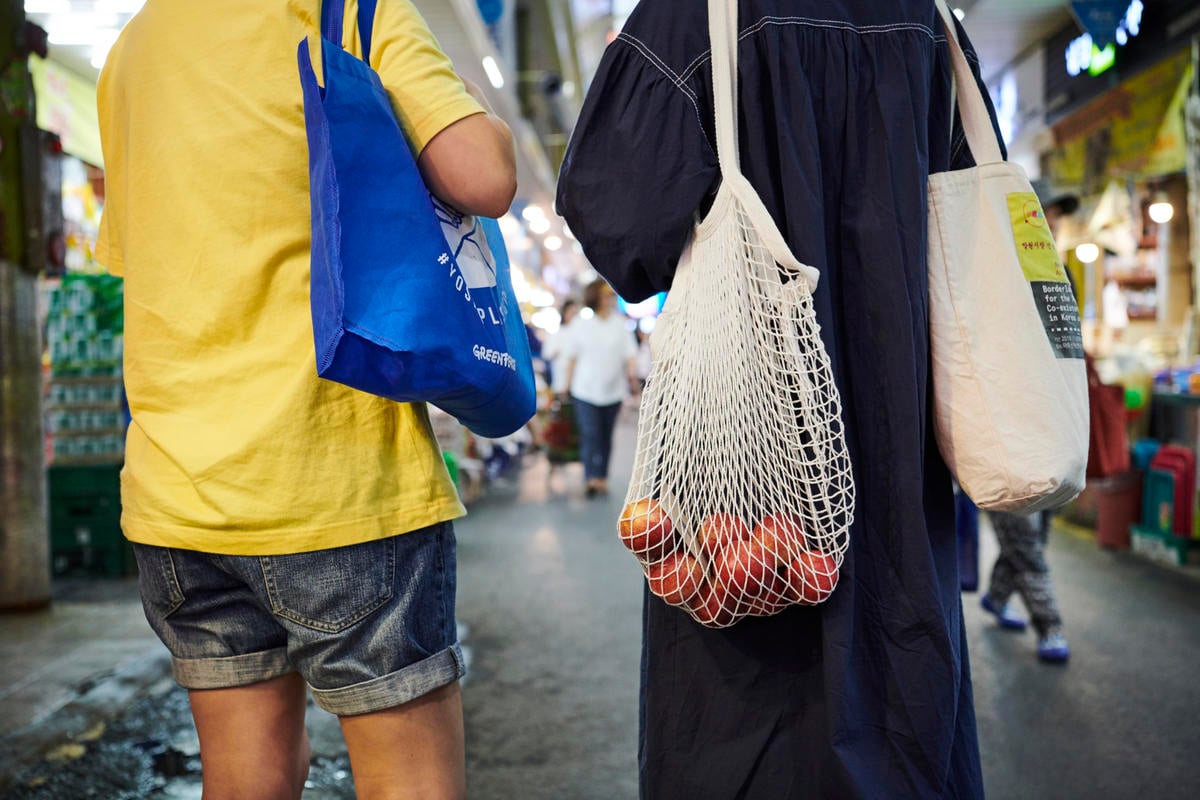Battling Plastic Pollution
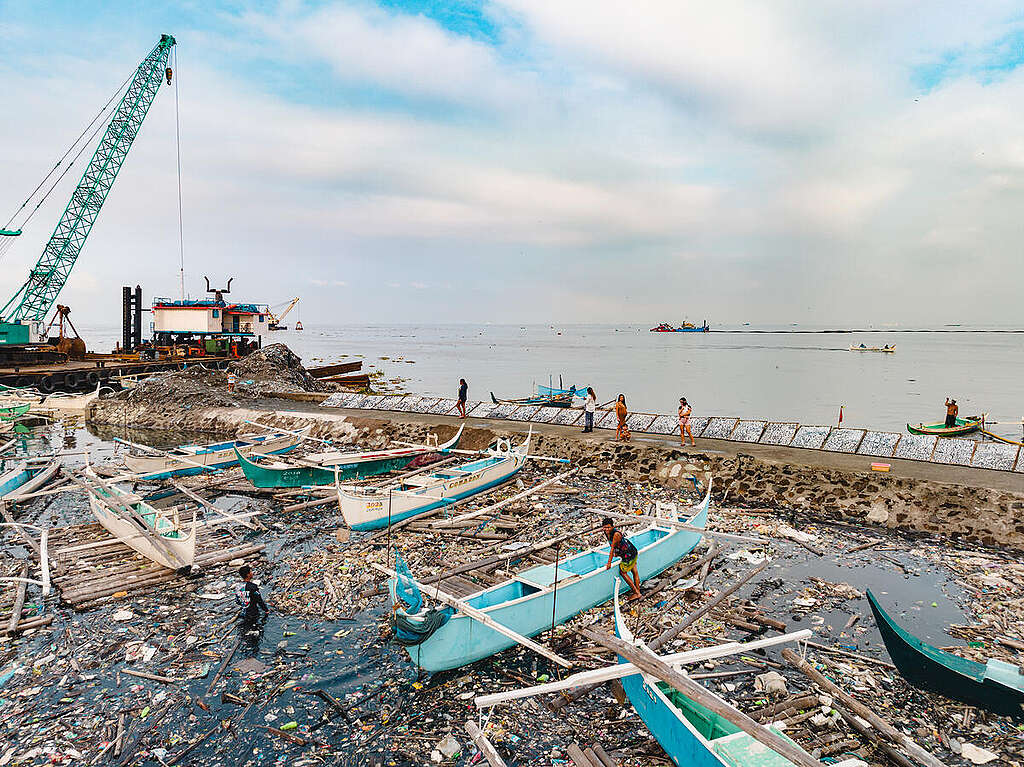
For fisherfolk, the ocean is more than a source of food—it is their way of life. This World Fisheries Day, we are reminded that this way of life is under threat. Plastic pollution, driven by the relentless and unregulated production of single-use plastics, is harming coastal communities that depend on the sea.
Single-use plastics like sachets have overwhelmed waste systems. These plastics end up in rivers and oceans, damaging fishing nets, harming marine life, and disrupting ecosystems. Coastal communities, including fisherfolk, feel the impact as plastic pollution affects their work and environment.
Ka Pablo Rosales, President of PANGISDA Pilipinas and a fisherman, has experienced the impacts of plastic pollution firsthand. He shared:
“Sinisira ng plastic ang aming mga gamit pangisda. Itinataboy din nito ang mga isda sa malayo na nakakadagdag perwisyo at gastos. Natatabunan at pinapatay din nito ang mga bahay itlogan, bahura, bakawanan, at mga halamang dagat. Humalili sa masaganang kabuhayan at kalikasan ang matinding pinsala na dulot ng plastic pollution.”
Ka Pablo recalls a time when the waters of Manila Bay were teeming with fish, providing a reliable source of income for fisherfolk. Today, pollution has drained the life from these waters.
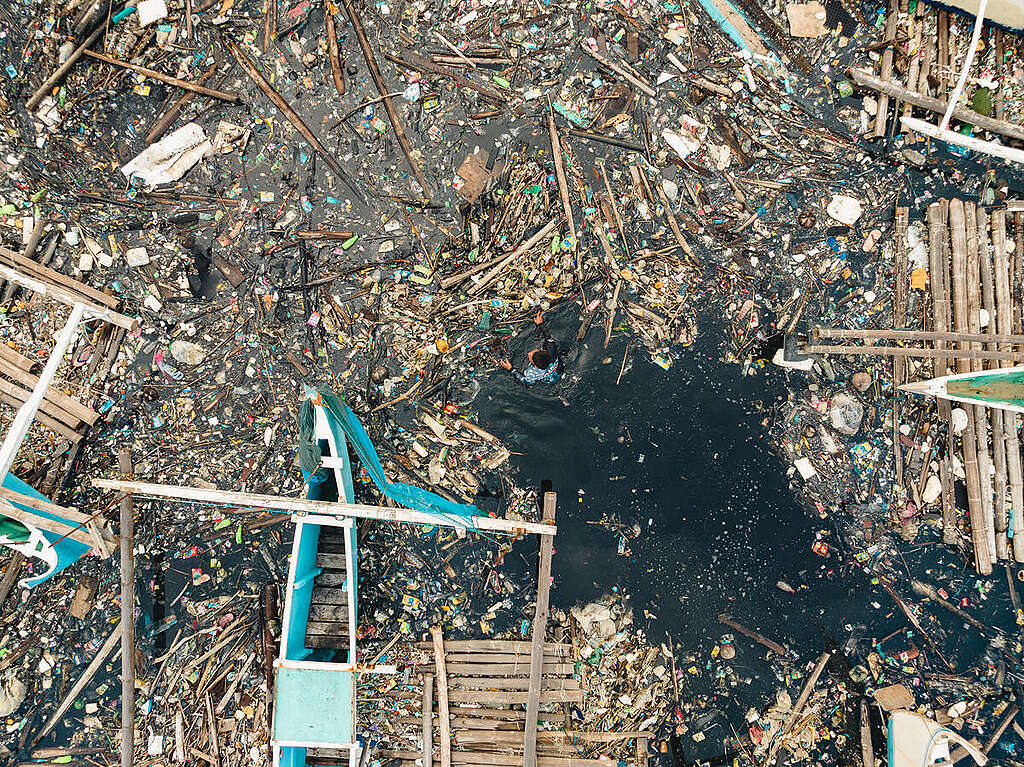
Calling on businesses to act
Ka Pablo and other fisherfolk are urging corporations to take responsibility for the plastic crisis:
“Nanawagan kami sa ating makakalikasang mga negosyante, na pangunahan ang pag-iwas sa patuloy na paggamit ng plastic lalo na ang single-use plastic na siyang pinaka marami sa karagatan at kalat sa kapaligiran. Suportahan ang pagsisikap ng mga mangingisda na linisin ang baybayin at karagatan para sa pagpapanumbalik ng kasaganaan at luntiang kapaligiran.”
Fisherfolk are asking companies to reduce plastic production and shift to reuse and refill systems. Without these changes, the burden will remain on vulnerable communities like theirs.
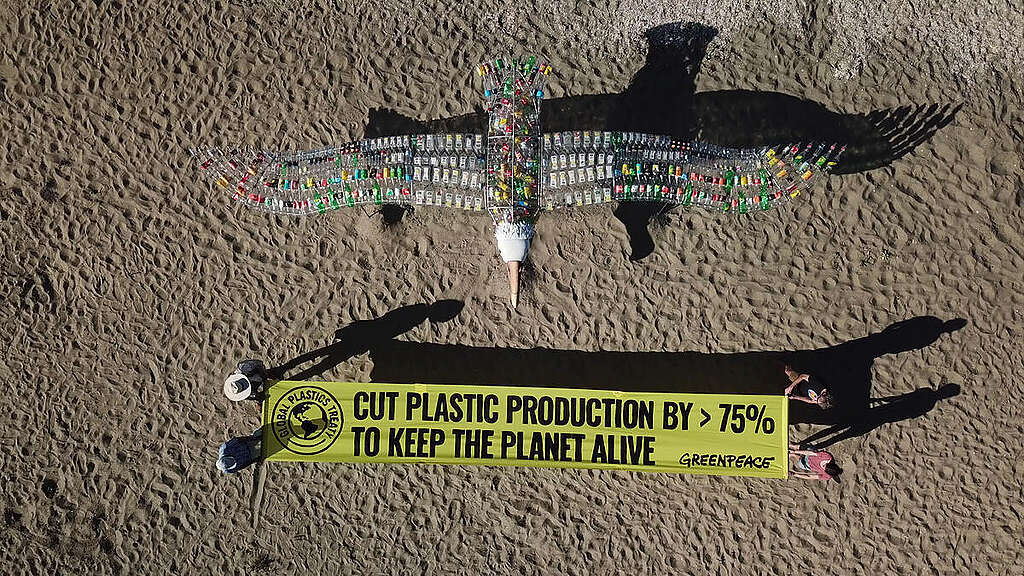
Diverse voices in Plastics Treaty discussions
The Global Plastics Treaty, now being negotiated, aims to address the full life cycle of plastic, from production to disposal. This treaty, if strong enough, can limit plastic production, thereby reducing plastic waste, protecting livelihoods, and restoring ecosystems. It must include the voices of fisherfolk like Ka Pablo and ensure that those most affected by plastic pollution are part of the transition.
Let’s not wait any longer. The fight against plastic pollution is about justice. Urge world leaders, especially the Philippine government, to protect the Filipinos by supporting a strong Global Plastics Treaty. Sign the petition and let them know that we are watching: act.gp/plasticstreatynow
###
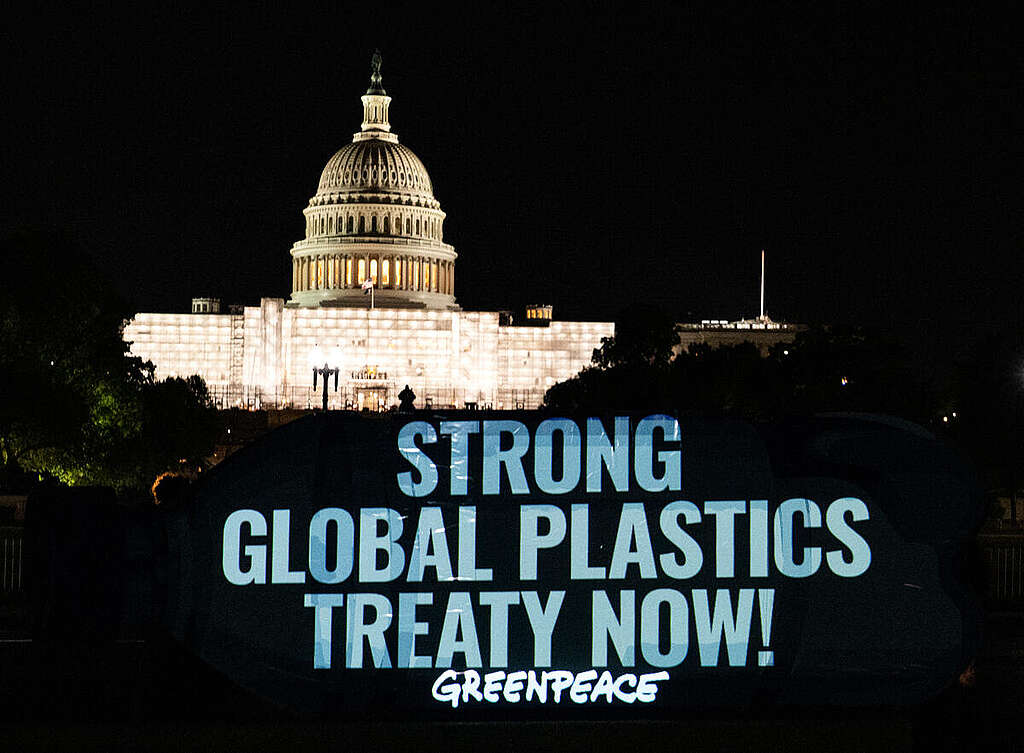
Help us urge world leaders to support a treaty for the people, not plastic.
SIGN THE PETITION
